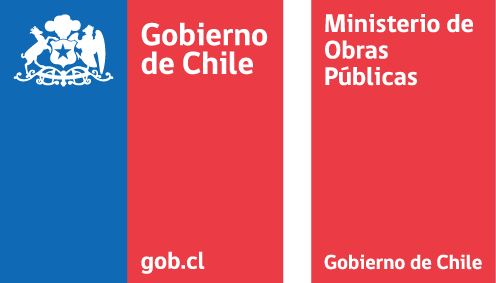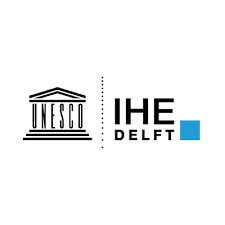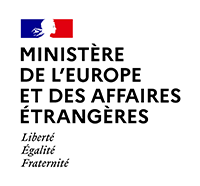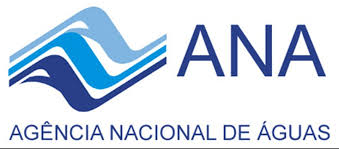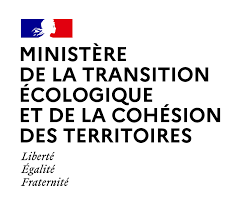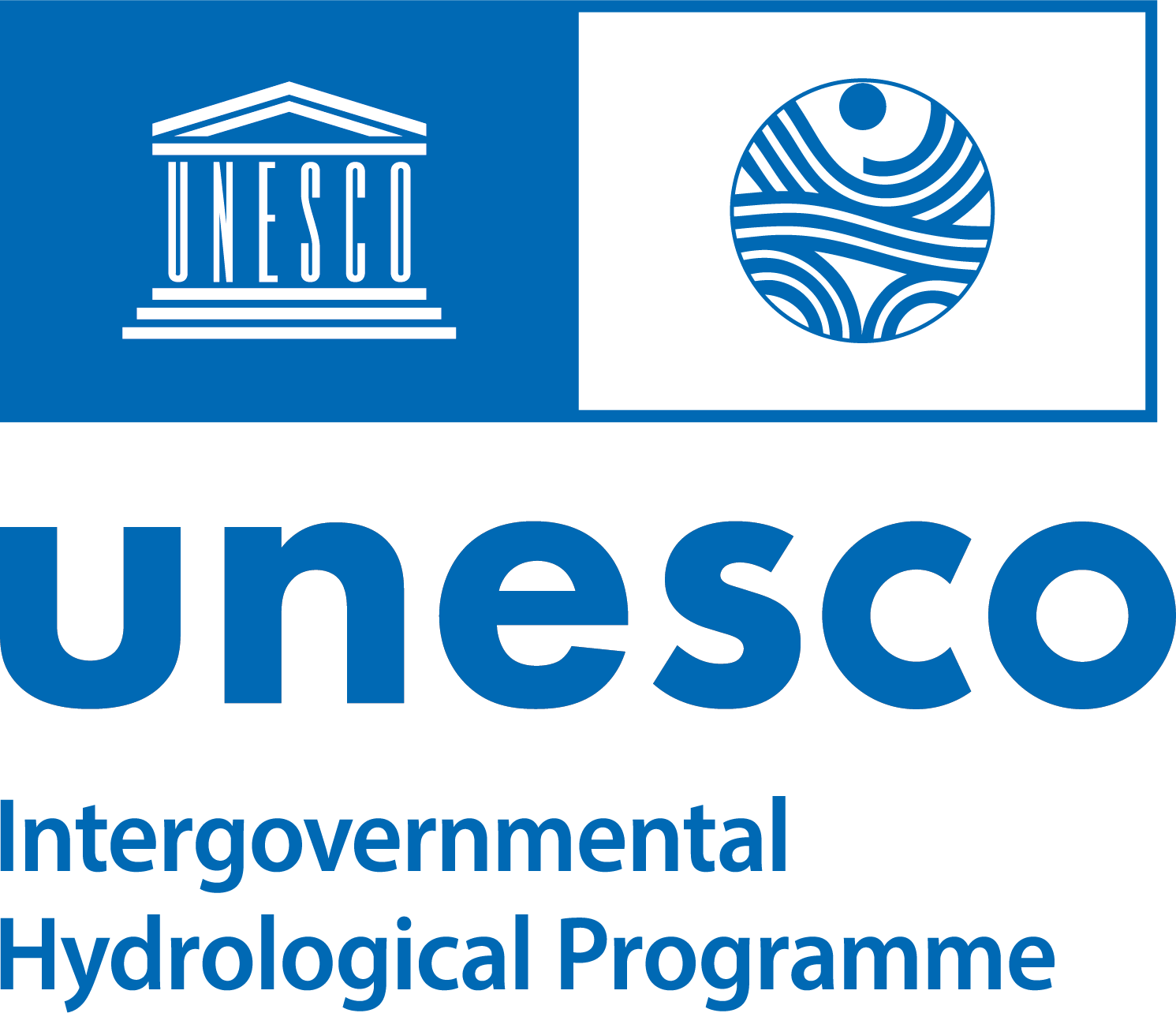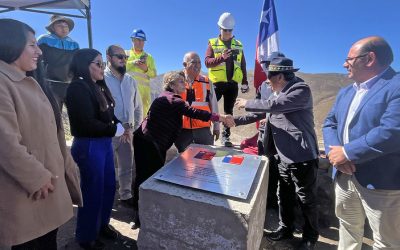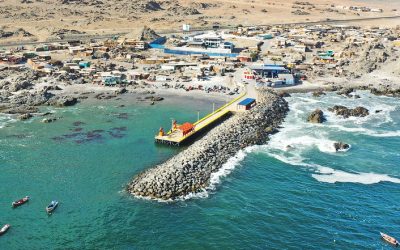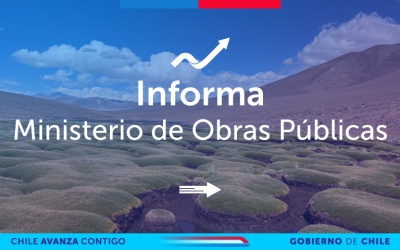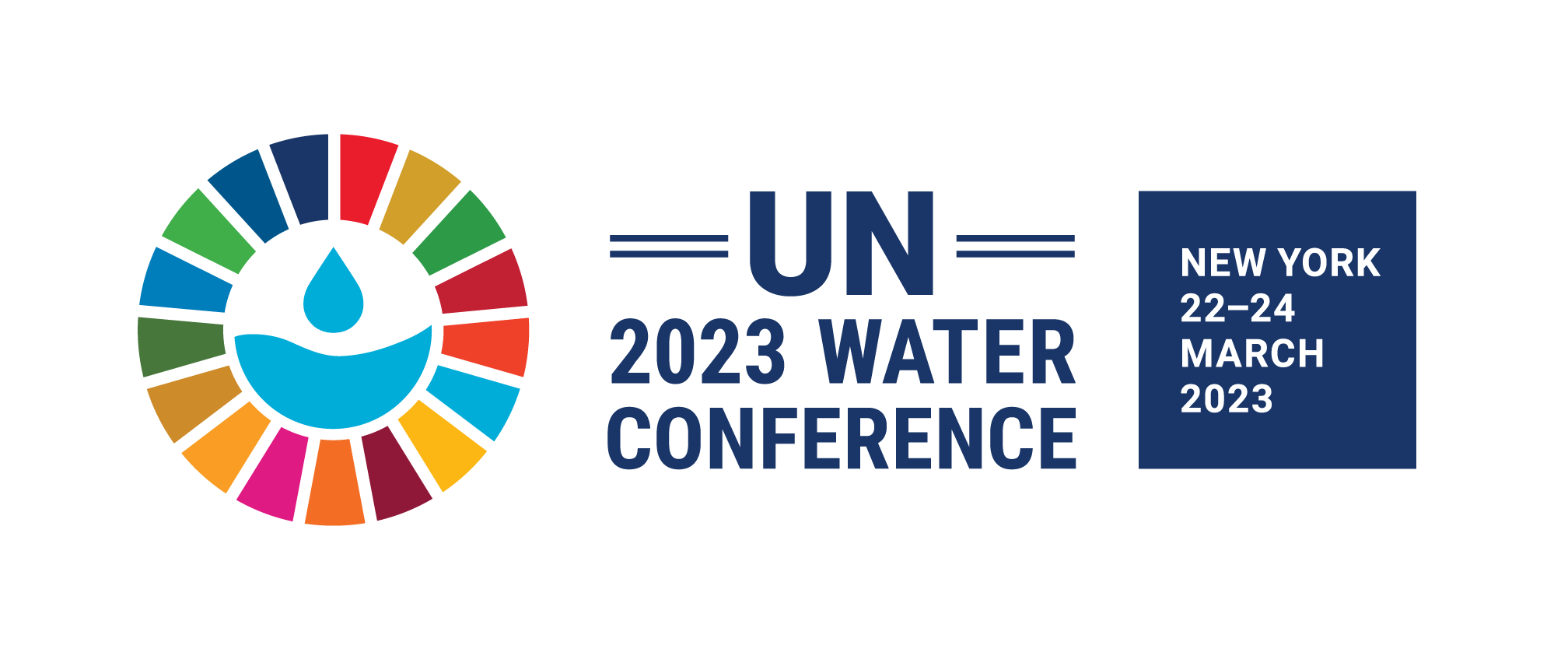
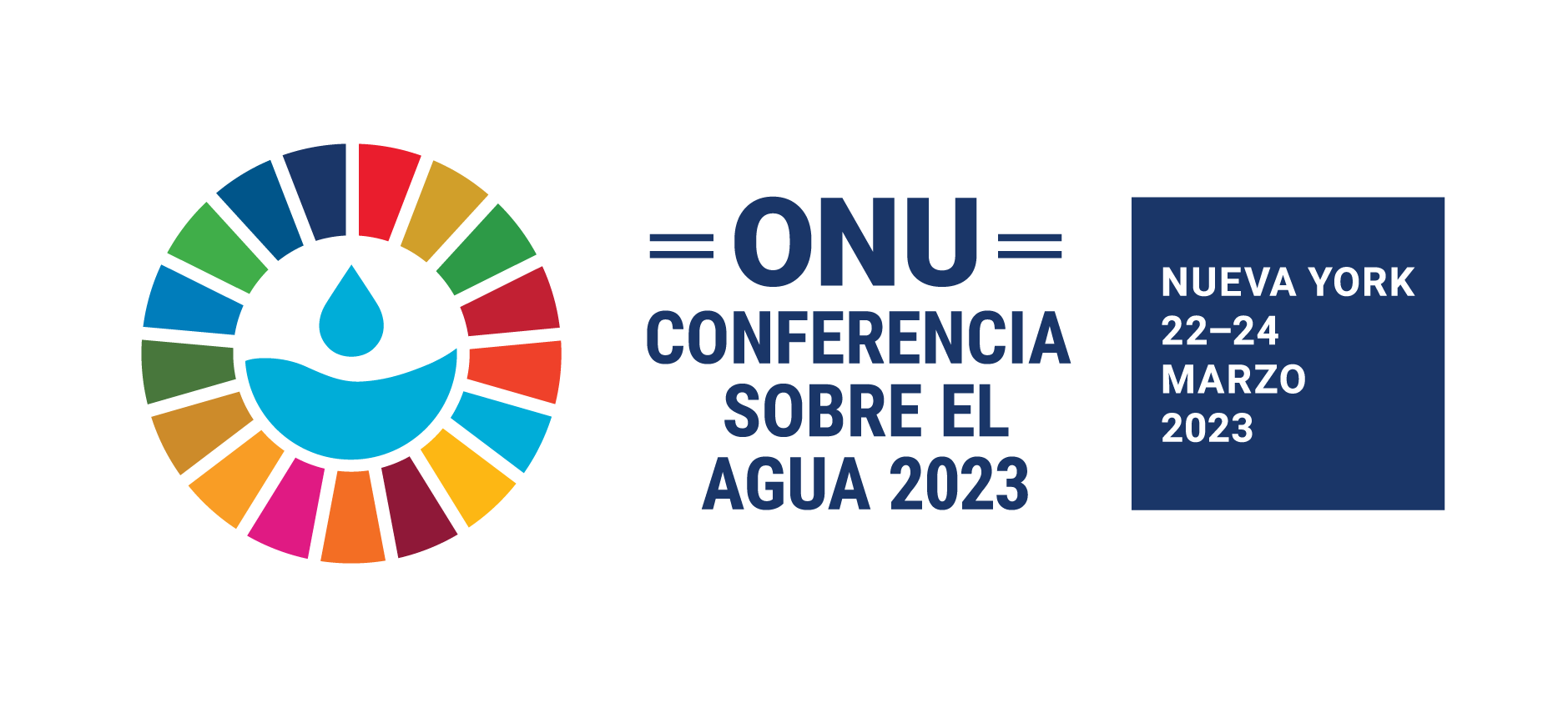
Side Event
«Inclusive Science for Water Security»
March 24
15:30 – 16:45 hrs
Room Trusteeship
Thematic Interactive dialogues: ID5 – Water Action Decade (for acceleration of the implementation of objectives)
HQ 193
One of the main challenges for governments is that all scientific results on water issues strengthen knowledge systems, are integrated and allow water stakeholders to apply innovative solutions that respond to the real problems of communities and territories.
The reality is that all countries are currently facing the same challenges related to water security and none have sufficient resources to solve them, as well as to finance research, innovation and implementation of the change agenda.
With this side event, we expect to:

• Highlight the role of R&I in providing solutions and contributions to the SDGs
• Engage with different International, regional and national programmes to develop a roadmap towards a joint Action Plan for research and innovation related to water challenges.
• Strengthen a coordination platform to maximise resources use and impacts, for providing more efficient solutions aligned with the needs of stakeholders for a world with water security in a changing world.
• Commit to the principles of Open Science and Open Data, enabling a more accessible and inclusive science,
• Involve young people and citizens in research and development related to water and the environment and in the implementation of more solution-focused initiatives.
Engage for the implementation to the Science-based Global Water Assessment to position water issues at the forefront of global sustainability processes and to provide decision-makers with factual diagnosis and solutions for accelerating the Water Action Agenda.
Programme
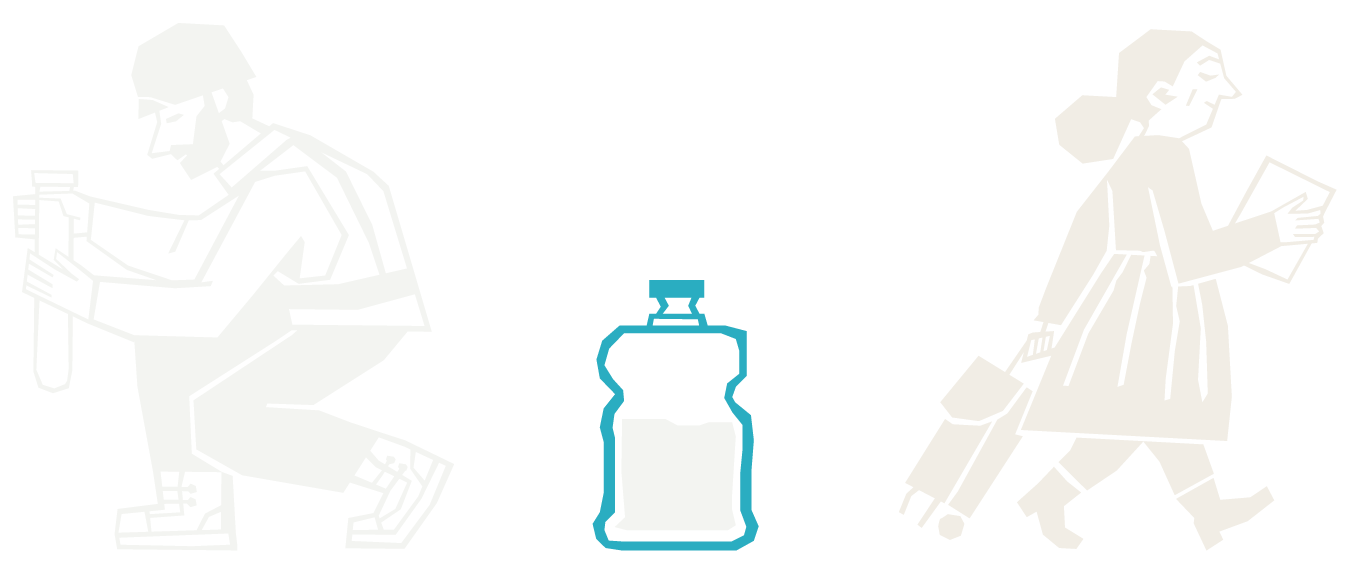
Programme Side Event
| Timing | |
| 2 min |
Opening remarks and introduction to the programme of the event
|
|
15 min
|
Opening statements • Jessica Lopez – Saffie, Minister of Public Works of Chile • Maysa Rojas, Minister of Ecological Transition, Chile • Bérangère Couillard, State Secretary for Ecological Transition of France • Flavia Carneiro da Cunha Oliveira, superintendent of Plans, Programs and project at ANA, Brazil |
| 20 min |
Current Commitments Introduction of the speakers and facilitation of the roundtable
Panellists
|
| 25 min |
What’s Next? How to progress towards SDGs achievements? Introduction of the topic and facilitation of roundtable
Panellists
|
| 6 min |
Q&A- Interventions from the floor
|
| 4 min |
Closing Remarks
|
VOLUNTARY COMMITMENTS
· Focus on solution-oriented commitments underpinned by science and innovation programmes
· Member states and regional commitments: ECLAC
· CHILE:
A) Open Data in SDG 6.3.2. The water quality-monitoring network has 1,672 stations (685 for surface water and 987 for groundwater). Commitment A.1 Publish by January 2023 at www.dga.cl (snia.mop.gob.cl/observatorio) the hydro chemical indicators for measurement by stations and on maps by basins. Commitment A.2 Update in August 2023 the data of indicators 6.3.2 (currently valid until 2018). Commitment A.3 Implement by July 2024 technologies that allow the automatic integration into the web of all the data produced by the analyses of the water quality laboratory of the General Directorate of Water (DGA).
· B) Open Data in SDG 6.4. Commitment B.1 By December 2023 it will end up being mandatory for all regions of the country that whoever extracts groundwater must install measurement and transmission systems. Commitment B.2 By August 2025, the 56 basins that have glaciers will have glaciological monitoring stations (to date there are only 33 glaciological stations)
· UNESCO-IHP: support MS to practice inclusive and evidence-based water governance and management based on improved scientific data, research, knowledge, capacities (…) and science-policy-society interfaces towards sustainable resilient societies. Conducting and sharing of research on integrating citizen science to improve understanding of the water cycle enabling science-based decision-making (IHP-IX).
· IHE Delft – focus on Innovation and Capacity Development as two of the main accelerators to achieve the SDG6 and other water related SDG6, in particular scaling up existing partnerships and more effective collaboration. · France : the OneWater Programme designed to support transition in water management and governance in relation with current and future challenges (French Government commitment and 10 research performing organisations) – 53 M€ – around new knowledge, innovative approaches for solving “less identified” challenges, proof of concept of solutions in territories, sharing data and knowledge, and developing education / capacity building for new generation of scientists and citizens · the Water4All European partnership – 79 partners (national agencies, research performing organisations, competitiveness clusters) from 31 Member States and the European Commission – 420 M€ around new knowledge, demonstration actions, science – policy – market transfer interfacing, and international cooperation on RDI programming.
Noticias Relacionadas
Ministra MOP anuncia 290 mil millones para convertir la Ruta 15-CH en un camino con estándar Internacional
Este jueves la ministra Jessica López asistió al inicio de las obras de los primeros 16 kilómetros que serán intervenidos, con una inversión de más de 47 mil millones de pesos.
MOP invierte más de 10 mil millones de pesos en la Caleta San Marcos de Tarapacá
Varias son las obras que se están realizando el MOP en la Caleta San Marcos: un nuevo punto de posada de helicópteros; la renovación total de la infraestructura portuaria de la caleta, y la conservación de la red vial Ruta 1, mediante las cuales el Ministerio de Obras Públicas busca mejorar las condiciones para el desarrollo productivo de la región y las condiciones de trabajo en esta caleta de la comuna de Iquique.
Entra en vigencia reglamento para solicitar derechos de aprovechamiento de aguas no extractivo o in situ
Estos derechos podrán solicitarse a la Dirección General de Aguas del MOP para proyectos de conservación ambiental, turístico, deportivo y recreativo que requieran mantener el agua en la fuente. Ya hay interesados, especialmente, en las regiones de Los Lagos, Maule, Los Ríos y Antofagasta.
